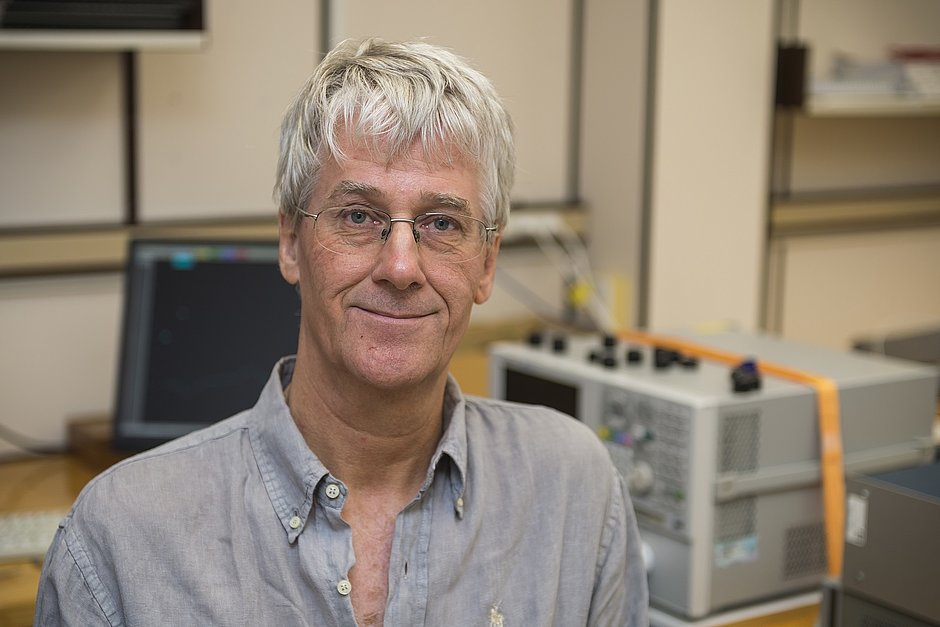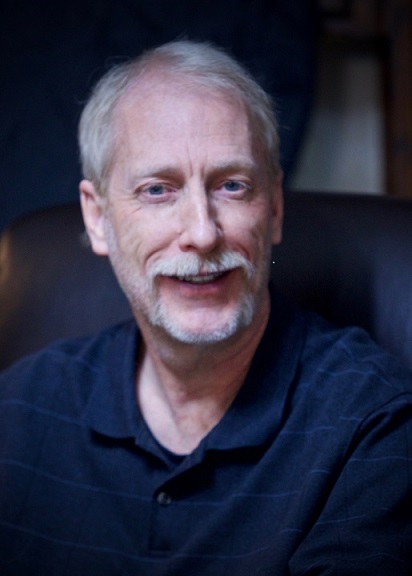Special Session: Modeling metrology in software for digital transformation
Society relies on sophisticated measurement infrastructures that use behind-the-scenes experts to generate, communicate, interpret, and consume data. Information technology now presents the challenge and opportunity to transform these apparently transparent infrastructures for the digital economy. Ideally, computing systems would generate, communicate, and consume the data without human intervention up and down the traceability chain and broadly across all measurement disciplines.
Session topics
This session will focus on modelling metrological concepts and processes.
Modelling develops abstract representations of knowledge specific to a domain. Domain models, expressed as design patterns, allow individuals and teams to work together using shared terminology and recognised best practices, thus streamlining and standardising software development. Topics to which the session is related This special session invites discussion contributions, including but not limited to:
- Metrological concept modeling
- Universal measurement models
- Measurement metadata, semantics and ontology concepts
- Digital representations for quantities, scales, units and their interrelations
- Measurand and other metrological taxonomies
- Digital metrological traceability models
- Machine-readable-document models
Session organizers

Blair Hall
Blair leads a project in data metrology at the Measurement Standards Laboratory of New Zealand (MSL) and also chairs the APMP focus group on digital transformation in metrology. He studied at Victoria University of Wellington and holds a doctorate in experimental physics from the Ecole Polytechnique Fédérale de Lausanne (EPFL), Switzerland. Blair has also worked at the Swiss national metrology institute (METAS) and at Massey University, New Zealand, where he lectured in physics and electronics.

Mark Kuster
Mark Kuster holds Bachelor of Science degrees in electrical engineering and physics from Southern Methodist University and a Master of Science degree in electrical engineering from the Georgia Institute of Technology. He consults with 30 years of metrology experience. He chairs the NCSLI 173 Metrology Practices and 141 MII & Automation Committees, has written the NCSLI Metrologist column "Toward a Measurement Information Infrastructure" since 2013, and serves as Managing Editor for NCSLI Measure: The Journal of Measurement Science.